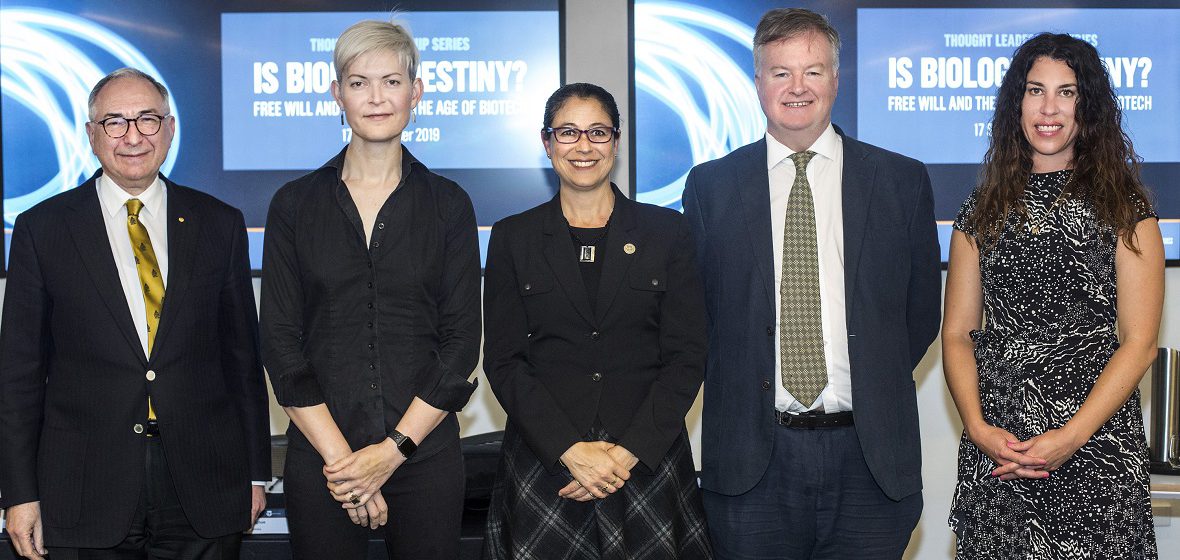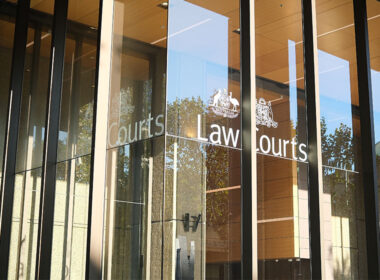Lawyers are intimately involved in questions around personal responsibility; mental states; and what factors might limit or impair a person’s control over their own behaviour.
One of Australia’s leading neurosurgeons has told a Law Society of NSW Thought Leadership panel that a “Matrix” style link of data transmission between our brain and our computers may no longer simply be in the realm of Hollywood.
Professor Jeffrey Rosenfeld AC, OBE, a Senior Neurosurgeon at The Alfred Hospital led the discussion on the intersection of neuroscience, biotechnology and law.
“With current computer-brain interfaces it’s possible for a paralysed person to operate a robotic arm – you’ve got electrodes going into the motor part of the brain and the person, with their thoughts alone, can move the robotic arm to pick up a glass of water so they can drink from it,” Rosenfeld said.
“Just like in ‘The Matrix’, what needs to be done now is to convert that into a completely wireless interface so that you don’t have cables and plugs coming out of the head.
“Elon Musk’s idea of connecting the brain with multiple electrodes or electrical interfaces with a computer is already happening.
“I think the law has to be first informed about what the breakthroughs are, where we are heading and where the law needs to go to keep up with the rapid pace of advances in neuroscience – [and] I don’t think the law is keeping up necessarily at the moment.”
 Elizabeth Espinosa, Law Society of NSW President
Elizabeth Espinosa, Law Society of NSW President
Earlier this year the tech entrepreneur Musk announced a plan that would implant paralysed patients with electrodes, as part of his broader and bolder ambition to develop a data transmission system between humans and their computers.
Law Society of NSW President Elizabeth Espinosa said the ever-growing ability of neuroscience, including increasingly sophisticated diagnostic techniques and brain imaging, made the event particularly intriguing for criminal lawyers.
“It is relevant to the concept of culpability as well as the issue of treatment versus punishment,” Espinosa said.
“Lawyers are intimately involved in questions around personal responsibility; mental states; and what factors might limit or impair a person’s control over their own behaviour.
“More lawyers are arguing that the emerging discipline of neuroscience has answers to these questions, or at least something important to say.”
Other questions that were pondered by the panellists were the implications and ethics of using research in psychology and data analysis to address social issues, and whether advancements in neuroscience and biotechnology will challenge our existing laws and legal system.




